Wednesday’s general election in the Netherlands marked a historic moment as Geert Wilders’ Party for Freedom (PVV) emerged triumphant with an impressive 37 seats in the Tweede Kamer. Fed-up voters turned out in droves to endorse Wilders as the next prime minister of the Netherlands in what observers said is one of the biggest political upsets in Europe since Brexit. Wilders’ party more than doubled its membership in the Dutch House of Representatives.
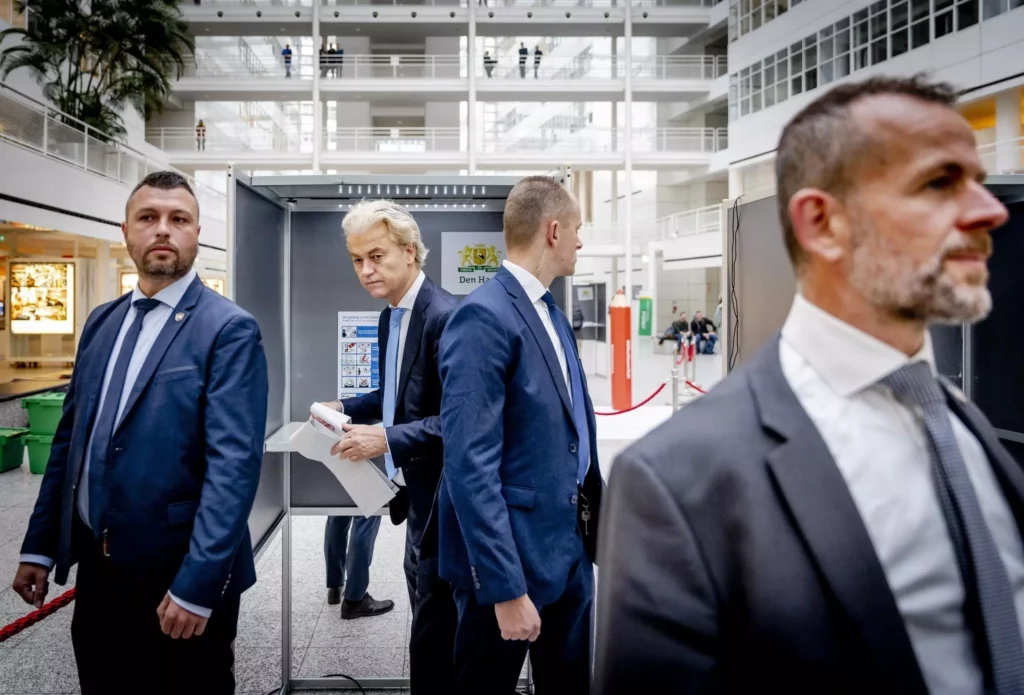
This resounding victory reflects the resonance of Wilders’ policies with the Dutch electorate and signals a strong call for prioritizing national interests over globalist agendas.
Wilders posted this video on X immediately after the first exit poll:
35!!!!!!
— Geert Wilders (@geertwilderspvv) November 22, 2023
PVV GROOTSTE PARTIJ ❤️ pic.twitter.com/oMANVYvGjy
In a triumphant victory speech that echoed through the hearts of the Dutch electorate, Geert Wilders stood before his supporters, proclaiming, “Friends, do you understand? 35 seats—the biggest party in the Netherlands.” This declaration marked a historic moment, signaling a clear mandate from the voters for Wilders and his Party for Freedom (PVV). With an emphatic tone, he declared, “The Dutch voters have spoken tonight. The voters have said, ‘We are fed up, we are fed up, and we want…’ And we will make sure that the Dutch will stand together again.”
Amidst thunderous applause and a palpable sense of excitement, Wilders laid out the core themes of his victory—reclaiming Dutch sovereignty, addressing the impact of mass Islamic immigration, and prioritizing the well-being of the Dutch nation. With conviction, he declared, “The hope of the Netherlands is that the people will get their country back, that the asylum tsunami and the immigration will be limited.” Wilders emphasized a commitment to economic prosperity, security, and healthcare, resonating with the desires of the two million voters who chose the PVV.
Acknowledging the significant responsibility that comes with the monumental victory of 35 seats, Wilders extended his gratitude to the people of the Netherlands. “35 seats is a huge compliment, but also a huge responsibility for us, for every PVVer,” he expressed. Wilders called for collaboration among political parties, stating, “Now the campaign is over, and the voters have spoken. We will have to look for agreements with each other, work together, and jump over our own shadows.”
In a moment of gratitude, Wilders thanked his party members, campaign participants, and particularly acknowledged his wife, Christina, who stood by him during years of threats and relocations. The atmosphere was electric as Wilders concluded, “Friends, we are going to have a party here tonight. We have earned it, but tomorrow we are going to work hard, day and night, to make the hope of those Dutch people who want to stand on their own come true. Thank you, Netherlands!” The applause that followed resonated with the collective hope for a new era under Wilders’ leadership.
Mandate for Dutch Sovereignty
Geert Wilders’ victory represents a mandate for reclaiming Dutch sovereignty. The collapse of the Rutte IV cabinet over migration issues underscored the people’s demand for policies that prioritize the well-being of the Dutch nation. Wilders’ commitment to leaving the UN Refugee Convention and addressing the impact of mass Islamic immigration resonated with voters who seek a government that puts the Dutch people first.
Addressing Concerns on Migration and Islam
The PVV’s success can be attributed to its unwavering stance on migration and Islam. Wilders’ acknowledgment of the massive challenges posed by ongoing asylum issues and mass Islamic immigration struck a chord with voters who feel that mainstream parties have overlooked their concerns and safety. The PVV’s commitment to safeguarding Dutch identity by not allowing Islamic schools, Qur’ans, and mosques aligns with the desire to protect the nation’s cultural values, customs, and laws.
Wilders, often referred to as “The Donald Trump of The Netherlands,” stands as a symbol of unwavering resilience in the face of persistent threats for his outspoken criticism of Islam. His relentless condemnation of the dangers posed by Islam has made him a prime target for Muslim terrorists, compelling him to live under the constant shadow of death. For years, Wilders has sacrificed personal freedoms, residing in a safe house and navigating life with round-the-clock protection from law enforcement due to the ever-present Islamic threat to his safety.
Despite the evident dangers he faces, Wilders has refused to be silenced, appearing in court as a victim of death threats and maintaining a steadfast commitment to his cause. The cost of his advocacy against the threats of Islam and Europe’s open-border policies has been immense, with Al Qaeda adding him to their hit list, a chilling testament to the gravity of his stance.
Paradoxically, as Wilders grapples with the challenges posed by Islam, the Dutch police and government have directed their attention toward him, subjecting him to harassment and prosecution for his views. This stark contrast underscores the complex and contentious landscape surrounding discussions on migration and Islam in the Netherlands, a nation that, until now, has been controlled by left-wing ideologies.
Wilders’ Moderate Approach for Inclusivity
Geert Wilders demonstrated an inclusive tone during the campaign, expressing a commitment to represent all Dutch citizens, regardless of background or belief. This inclusive approach seeks to unite the nation under the banner of shared values and adherence to the Dutch Constitution. Wilders aims to bridge divides and create a cohesive society by emphasizing unity. He vowed to tackle pressing issues such as housing shortages, a cost-of-living crisis, and access to good healthcare.
Frustration with Globalist Opposition
The left-wing opposition’s resistance to Wilders reflects a reluctance to embrace policies prioritizing Dutch interests over globalist agendas. The dissatisfaction with mainstream parties, such as the VVD and PvdA-GroenLinks alliance, stems from their failure to address the concerns of the Dutch people. Wilders’ victory serves as a rebuke to the globalist narrative, with voters expressing frustration at policies prioritizing international interests over the nation’s well-being. Wilder called for a referendum on the Netherlands leaving the corrupt European Union.
Positive International Support for Geert Wilders
Geert Wilders’ recent electoral success has reverberated positively among conservative leaders across Europe, drawing praise from figures such as Hungary’s Prime Minister Viktor Orbán and France’s Marine Le Pen. This outcome is a symbol of a strengthening commitment to the defense of national identities and conservative values. The appreciation from these leaders underscores a shared perspective on issues like anti-illegal immigration, emphasizing a growing unity among conservative movements in Europe.
The winds of change are here! Congratulations to @geertwilderspvv on winning the Dutch elections! pic.twitter.com/yh9LVcuP5J
— Orbán Viktor (@PM_ViktorOrban) November 22, 2023
Félicitations à @geertwilderspvv et au PVV pour leur performance spectaculaire aux législatives qui confirme l’attachement croissant à la défense des identités nationales. C’est parce qu’il est des peuples qui refusent de voir s’éteindre le flambeau national que l’espoir du…
— Marine Le Pen (@MLP_officiel) November 22, 2023
This international backing reinforces the idea that Wilders’ policies align with a broader movement advocating for the protection of individual nations and their identities.
Dr. Alice Weidel, co-leader of the Alternative for Germany (AfD):
Gefeliciteerd met dit grote succes. Heel Europa wil een politieke ommekeer! @geertwilderspvv
— Alice Weidel (@Alice_Weidel) November 22, 2023
Herzlichen Glückwunsch zu diesem großen Erfolg. Ganz Europa will die politische Wende! #Wilders #AfD
Secretary of State for Public Diplomacy and Relations of Hungary, Zoltán Kovács:
🇳🇱🤝🇭🇺FM Szijjártó congratulated @geertwilderspvv on his landslide electoral victory.
— Zoltan Kovacs (@zoltanspox) November 25, 2023
✍️In a letter, FM Szijjártó praised Wilders for his impact on European politics and expressed hope for a future meeting. Mr. Wilders responded, thanking Szijjártó and looking forward to a… pic.twitter.com/kUPbkXhKkc
Israel’s Minister of Foreign Affairs, Eli Cohen, congratulated Wilders who is a staunch supporter of Israel and advocates shifting the Embassy of the Netherlands there to Jerusalem and closing the Dutch diplomatic post in Ramallah, home of the Palestinian Authority.
Congratulations @geertwilderspvv on winning the elections in the Netherlands.
— אלי כהן | Eli Cohen (@elicoh1) November 23, 2023
I wish you luck in your efforts to form a government and I look forward to further strengthening the strong friendship between Israel and the Netherlands.
🇳🇱🇮🇱 pic.twitter.com/PmIc2tf3hH
Deputy Prime Minister and Minister of Infrastructure and Transport and League Leader Matteo Salvini:
Congratulazioni all’amico @geertwilderspvv, leader del PVV 🇳🇱 e storico alleato della Lega, per questa straordinaria vittoria elettorale.
— Matteo Salvini (@matteosalvinimi) November 22, 2023
Una nuova Europa è possibile: appuntamento domenica 3 dicembre a Firenze. pic.twitter.com/0DnRBG03Cp
Geert Wilders’ triumph in the Dutch elections is a celebration of policies that prioritize Dutch sovereignty, address migration concerns, and safeguard national identity, including the imperative to address the challenges posed by the Islamic threat. The optimistic tone surrounding Wilders’ victory reflects a collective desire for a government that unapologetically puts the Dutch people first. Wilders’ leadership serves as a beacon for those who believe in a sovereign, culturally rich, and secure Netherlands, especially as the political landscape undergoes a significant shift.”
So it’s news that we won the Dutch elections.
— Geert Wilders (@geertwilderspvv) November 24, 2023
Get used to it.
Many more European countries will follow.
Freedom and patriotism – our own nations and people first – is the new political reality. #Wilders #PVV pic.twitter.com/3DN887kLpN
——————————————————
Below are two pieces from the Dutch media that analyze the results and assess their significance.
The first article is from RTL Nieuws:
Moderate Wilders still controversial, but PVV government not ruled out
by Pieter Munnik and Arne Hankel
November 23, 2023
The Party for Freedom (PVV) was the big winner in the Tweede Kamer elections with 37 seats. To date, the party has always remained outside the cabinet. But this campaign saw a more moderate Geert Wilders. What does that mean? This time, will the PVV join the government, and who will be the possible cabinet ministers? We lay it out.
1. How has the PVV grown into the largest party?
The Rutte IV cabinet fell over migration. Migration subsequently became one of the most important themes of this election campaign. It is a theme that the PVV, much more than the VVD (People’s Party for Freedom and Democracy), “owns”. Voters associate the PVV with that theme.
In addition, the VVD, according to the voters, has not delivered on that topic in recent cabinets.
Moreover, this time, a vote for the PVV was not thrown away because the VVD said it was ready to work together in a cabinet. In the past years, the VVD excluded the PVV.
2. What makes the PVV controversial?
The PVV is controversial from the standpoint of its position on migration and Islam. Its election platform states: “Our beautiful Netherlands has seriously deteriorated through the ongoing asylum tsunami and mass immigration.”
And: “The Netherlands is not an Islamic country. No Islamic schools, Korans, and mosques.” A position that is contrary to the Constitution.
Other controversial positions include, among others, the plan to leave the UN Refugee Convention, no more money to the NPO [Dutch Public Broadcasting], and the abolition of the Eerste Kamer [Senate]. The party wants to abolish all development aid immediately. Wilders also wants a binding referendum on leaving the EU, and he wants all apologies for past slavery and police actions to be withdrawn.
In addition, the party is against Dutch support for Ukraine in the war against Russia. He called the Tweede Kamer a fake parliament and Sigrid Kaag a witch. Wilders also considers journalists — with some exceptions — scum.
3. Is Wilders now more moderate?
He speaks more moderately. In the campaign, Wilders said that he wanted to be a prime minister of all Dutch people, “no matter where you come from and what your belief is.”The PVV leader also said that his party will operate within the framework of the Constitution.
Wilders also said he is willing to put some key points of the party, so to speak, “on hold.” That would mean, among others, the ban on Islamic education and the Koran.
But the controversial points are still found in the party’s platform.
4. How great is the chance that Wilders will join the government?
The chance certainly exists. Although VVD and NSC (New Social Contract) let it be known before the elections that this would not happen any time soon, they did not repeat that after the polls. Pieter Omtzigt from NSC emphasized that his new party is available for the national government.
On the question about cooperation with the PVV, Omtzigt said that his faction is meeting for the first time this afternoon. “Then we will talk about how we can proceed from here. But we see the need for good governance.”
VVD leader Dilan Yeşilgöz kept her silence after the exit polls became known. This afternoon, she said after a faction meeting that the initiative to form a cabinet now lies with the “big winners” of the election, the PVV and NSC. While she had earlier said she was unwilling to join a cabinet with “Premier Wilders,” she is now discussing a “new reality.” She still provides no clarity on whether she is now willing to govern with him. She wants to let the results sink in.
5. What government candidates does the PVV have?
According to Wilders, Fleur Agema would be an outstanding minister of health. “I am itching to do it, naturally,” said Agema herself. “It would be fantastic. My heart skips a beat over the idea, but you never know if it will be granted.”
Martin Bosma could become state secretary for media affairs, but he would rather be chairman of the Tweede Kamer. According to Wilders himself, Dion Graus would be a good secretary of state for animal welfare.
Then — PVV chamber member Lilian Helder was praised for her knowledge of the field of justice. But she bet on the wrong horse by moving to the BBB [Farmer-Citizen Movement Party]. PVV member Harm Beertema was seen as a robust and substantive chamber member in the field of education.
On the PVV electoral list, there are 13 former members of the Tweede Kamer. There are also municipal and provincial council members and PVV policy workers in the Tweede Kamer.
Last night, Martin Bosma admitted that he doesn’t know everyone. “Certainly, they meet all the requirements, but I don’t know who they are. Tomorrow, there will be 37 of us in a faction room; that is totally crazy. But who all of them will be, I have no idea.”
6. Could there also be a new cabinet without PVV?
Yes, that could happen. Although it is illogical that the largest party is not part of a new cabinet, it could happen. A so-called “Victory-defeat” for Wilders is also a possibility. Because VVD, Green-Left, PvdA [Labour], NSC, and D66 combined have 78 seats.
It happened previously that the winner of the election did not govern. In 1986, the PvdA won, but the cabinet that emerged was CDA [Christian-Democrat Appeal] and VVD.
——————————————————
The second piece is an editorial from De Dagelijkse Standaard:
Movie! Crazy left extremists demonstrate against election results: “And from the river to the sea, Palestine will be free”
Yesterday evening, opponents of the PVV took to the streets to protest the election results. They find it dreadful that Geert Wilders’ party won the elections. Consequently, they demand that ‘something’ be done. Carrying Palestinian flags, they frequently chanted: “From the river to the sea, Palestine will be free.” Ironically, these types of demonstrations have significantly contributed to Wilders’ historic election victory.
This kind of imagery is why countless Dutch citizens (around 2 million?) voted for Geert Wilders in last Tuesday’s elections. What you see there are radical demonstrators – both immigrants and natives – who hit the streets to protest against the PVV, against the democratic judgment of the voters… while also chanting slogans that, according to many Dutch citizens, imply they support a new genocide of Jews, this time in Israel itself.
Tijdens de demonstratie wordt ook regelmatig de omstreden leus From the river to the sea, Palestine will be free' geroepenhttps://t.co/WMSsnutULn pic.twitter.com/WUqaJFzfb5
— AT5 (@AT5) November 23, 2023
How foolish can you be? How utterly insane! Not only because you seemingly find what happens in a distant foreign country more important than what happens in the Netherlands (where are the Dutch flags, you bunch of self-haters?), but also because what they literally do and shout is precisely the cause of Wilders’ rise. They are not making him smaller. No, he only becomes more popular because the Dutch people are completely fed up with this kind of madness.
This sentiment is also illustrated by the opinion of Maartje Steunenberg, who writes on X: “I am embarrassed for the community where I live! A call for the destruction of Jews. Next to the Jewish monument in Alkmaar.” Because, yes, they went there en masse on the street with large numbers of Palestinian flags.
Ik geneer me kapot voor de gemeente waarin ik woon! Een oproep tot het vernietigen van Joden. Naast het Jodenmonument in Alkmaar. @gemeentealkmaar @ pic.twitter.com/gljg6Gkf3g
— Maartje Steunenberg (@Maartje95368877) November 23, 2023
Woke
And no, last night, it wasn’t only Palestine demonstrators who demonstrated against Wilders. From other footage recorded in Utrecht, it turns out that many cream-white Woke-crazies took to the street. These total idiots proudly waved rainbow flags and chanted, “Solidarity, Solidarity, Solidarity!” with each other.
Tijdens de demonstratie wordt ook regelmatig de omstreden leus From the river to the sea, Palestine will be free' geroepenhttps://t.co/WMSsnutULn pic.twitter.com/WUqaJFzfb5
— AT5 (@AT5) November 23, 2023
Solidarity? With whom? For the past 13 years, there has been a lot of solidarity with all kinds of fortune-seekers from far and wide, but for the Dutch themselves, there has been absolutely no solidarity. The Dutch have suffered en masse. Our groceries have become unaffordable. We cannot find housing. We must look on while entire neighborhoods and towns change into Little Arabias.
At the Dagelijkse Standaard [news and opinion weblog], we know that the last elections were the most important elections ever. We are fighting for a good continuation. The Netherlands must be saved. If we don’t push through now, it will go wrong forever. Do you also think so? Support us then! Donate to DDS and help us make a stand against the leftist crazies who want to push our country farther into the abyss!
Subsequently, these left-wing lunatics take to the streets, with rainbow flags and all, and demand that the democratic election result be overturned. Because they want to be Woke and feel threatened by Dutch people who think that adults should be able to do what they want, as long as they leave the children alone. Those Palestinian demonstrators and the Woke-crazies together have made Wilders big… and now they are ensuring that even more Dutch people will throw their heads back. If they think that with these kinds of demonstrations, they will keep the PVV out of the government, they are seriously mistaken.
Key to Dutch parties:
| FvD | Forum for Democracy | |
| Forum voor Democratie | ||
| Conservative, populist, Euroskeptic | ||
| VVD | People’s Party for Freedom and Democracy | |
| Volkspartij voor Vrijheid en Democratie | ||
| Center-right | ||
| PvdA | Labour Party | |
| Partij van de Arbeid | ||
| Social democrats | ||
| PVV | Party for Freedom | |
| Partij voor de Vrijheid | ||
| Classical liberal, Islam-critical | ||
| BBB | Farmer-Citizen Movement | |
| BoerBurgerBeweging | ||
| Agrarian populists | ||
| SP | Socialist Party | |
| Socialistische Partij | ||
| Left-wing populists, former Maoists, to the left of communists | ||
| CDA | Christian Democratic Appeal | |
| Christen-Democratisch Appèl | ||
| Christian democrats, center-right | ||
| D66 | Democrats 66 | |
| Politieke Partij Democraten 66 | ||
| Centrist social liberals | ||
| CU | ChristianUnion | |
| ChristenUnie | ||
| Christian Democrats, left-wing, only “conservative” in being ostensibly religious | ||
| GL | GreenLeft | |
| GroenLinks | ||
| Environmentalism plus hard left | ||
| SGP | Reformed Political Party | |
| Staatkundig Gereformeerde Partij | ||
| Christian right, advocates a Christian theocracy | ||
| PvdD | Party for Animals | |
| Partij voor de Dieren | ||
| Animal rights | ||
| Denk | Denk | |
| Denk | ||
| Turkish | ||
| 50+ | 50PLUS | |
| 50PLUS | ||
| Pensioners’ party | ||
| VNL | VoorNederland | |
| For The Netherlands | ||
| Classical liberal party | ||
| PPNL | Pirate Party of the Netherlands | |
| Piratenpartij Nederland | ||
| Anti-copyright, transparent governance | ||
| JA21 | Right Answer 21 | |
| Juiste Antwoord 21 | ||
| Right-of-center |

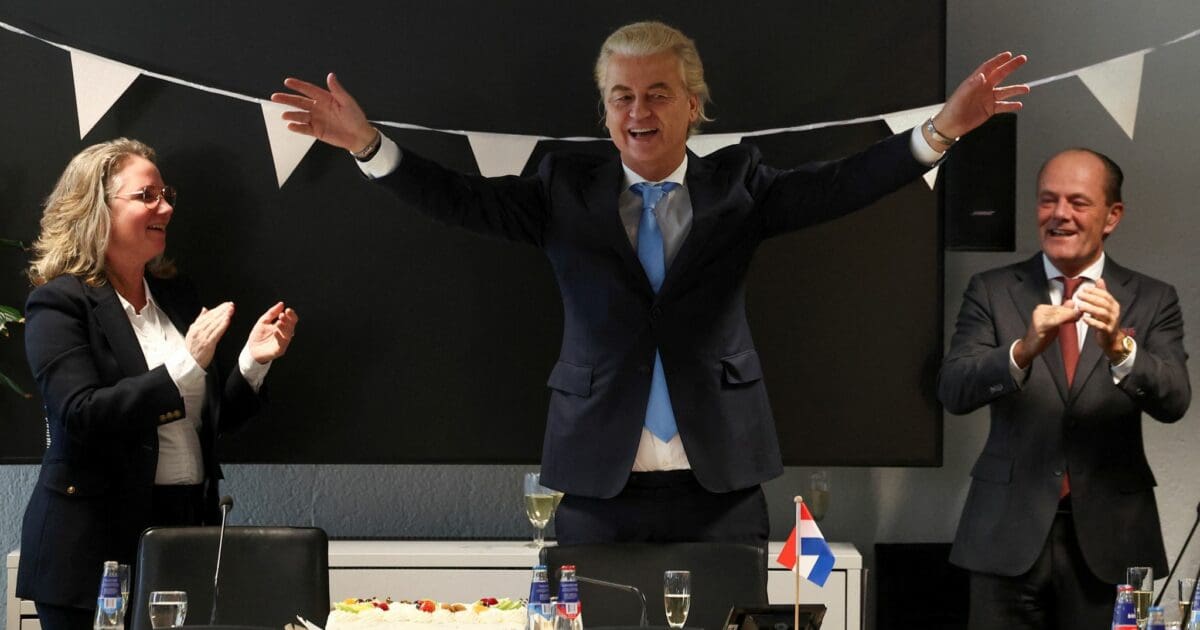
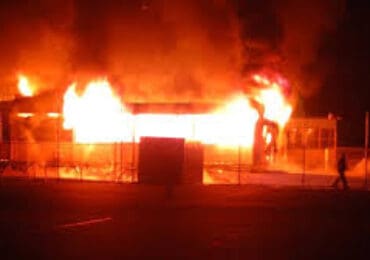
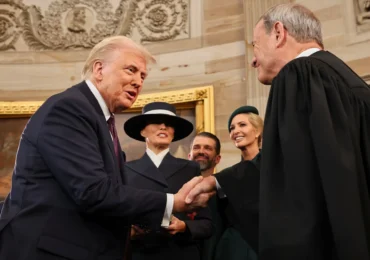

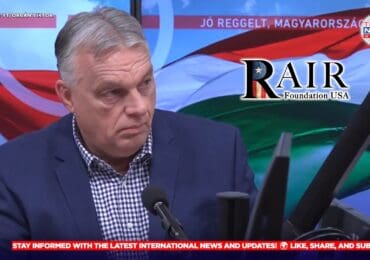
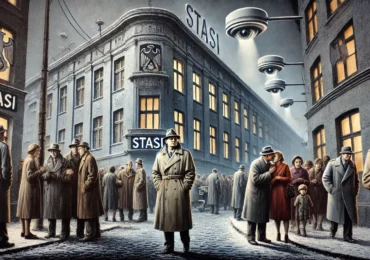
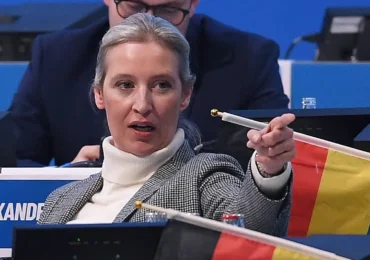

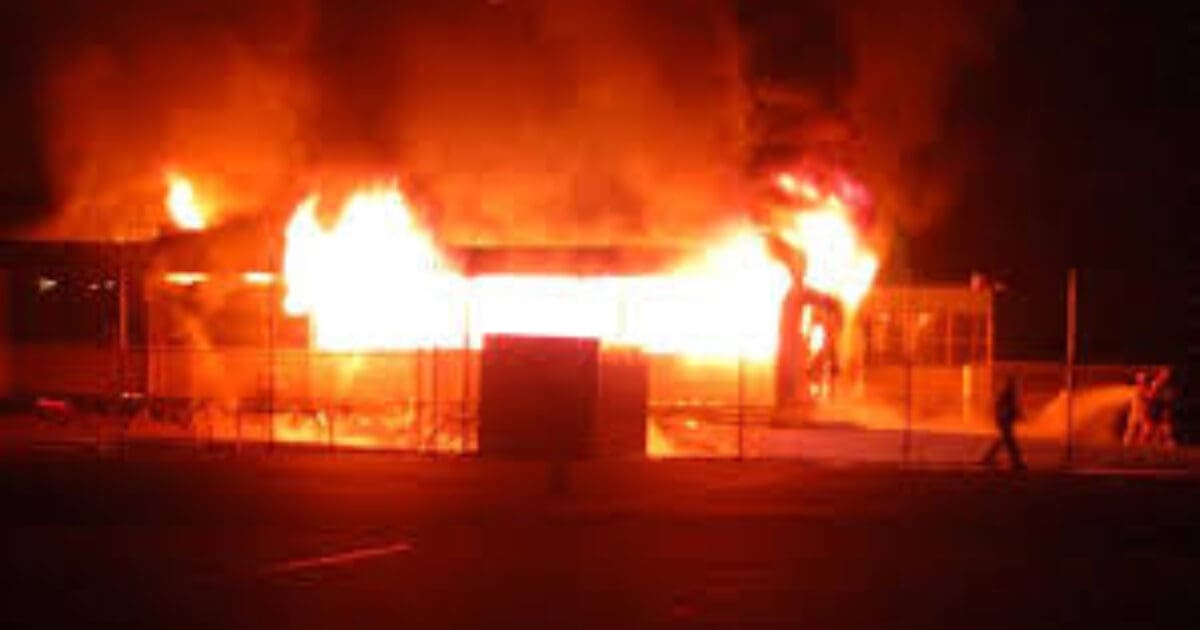
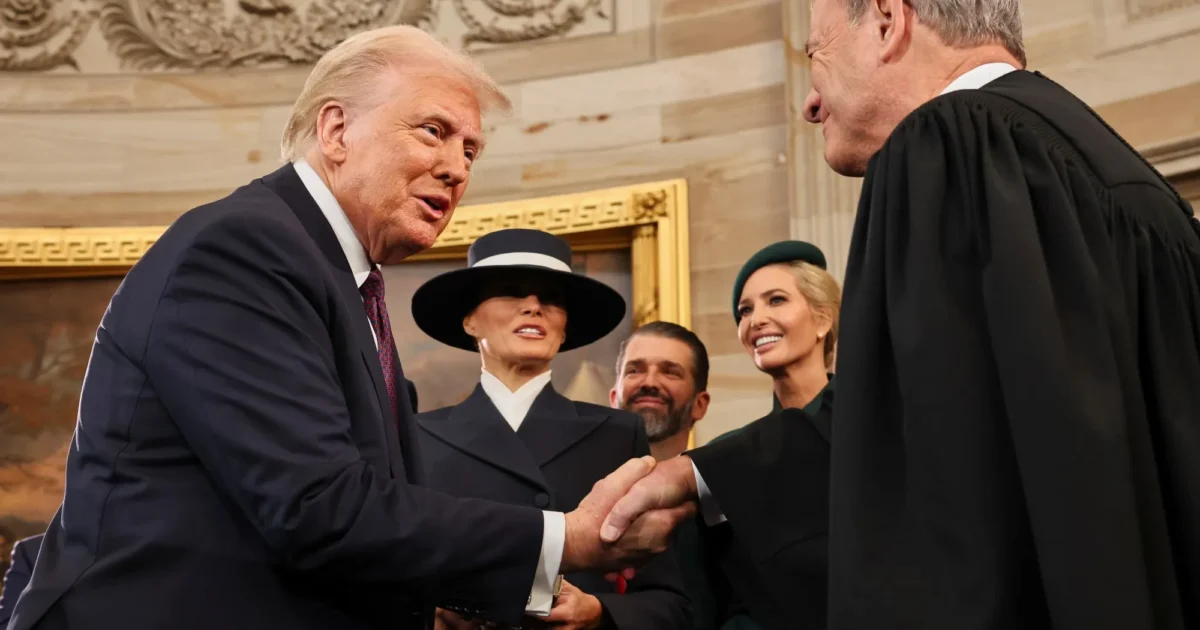
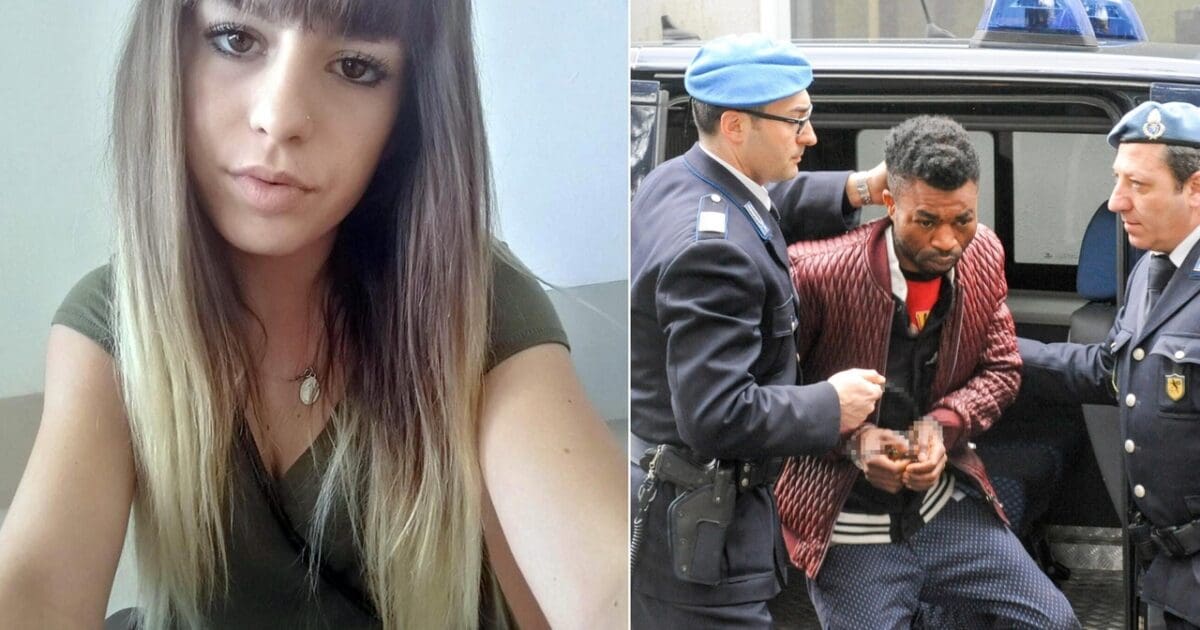
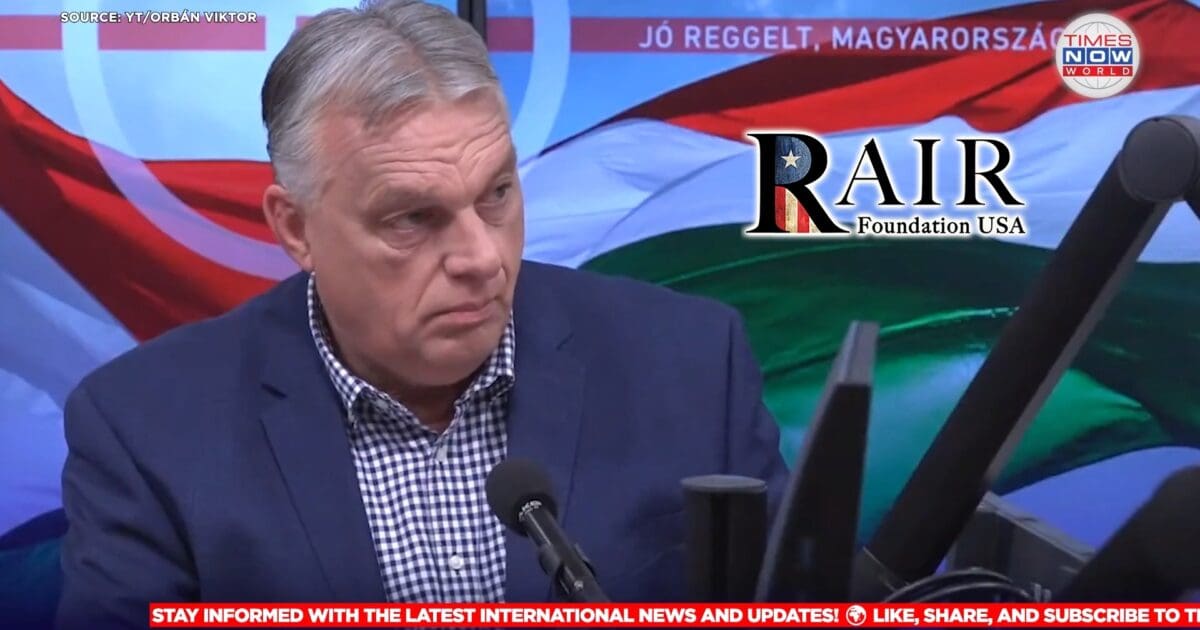
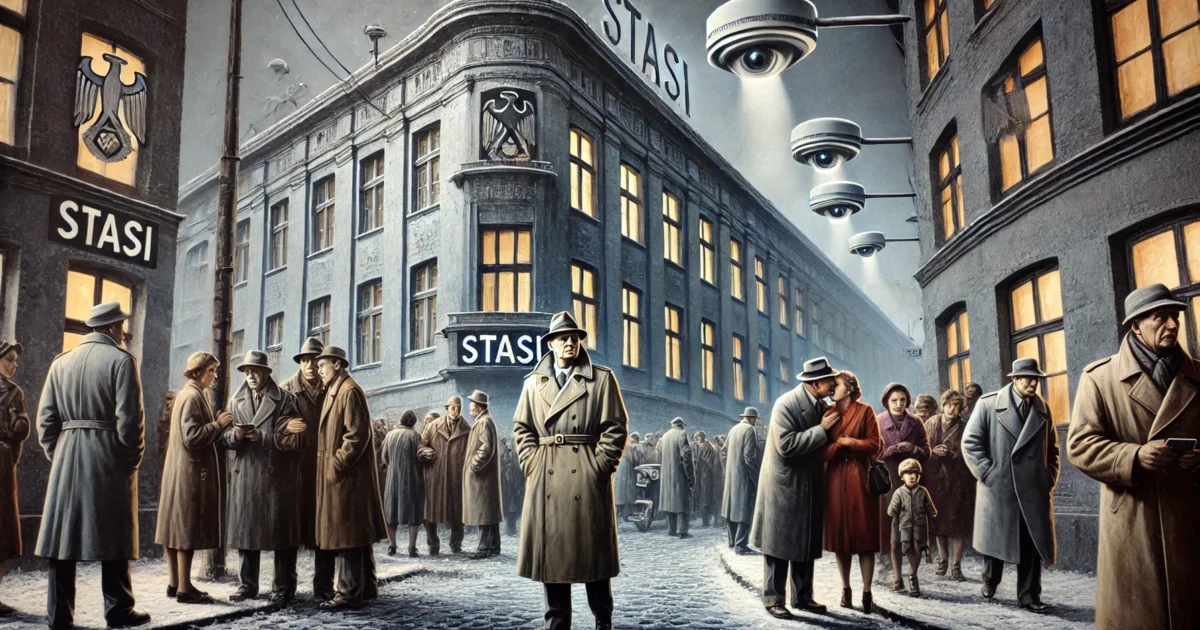
Add comment